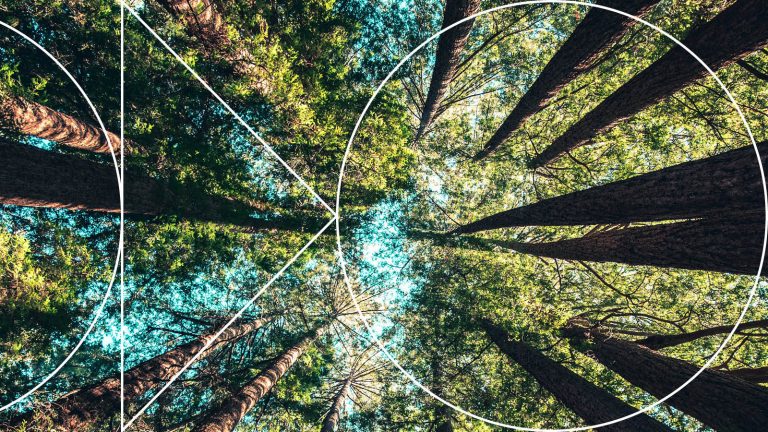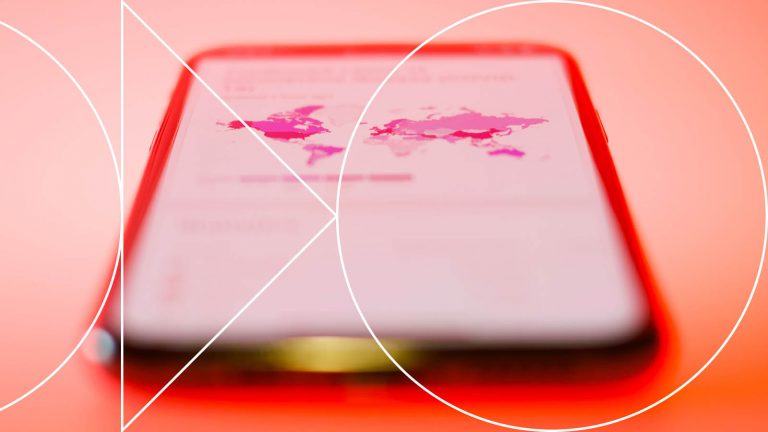As Society Changes So Will Your Marketing Plan
- POV’s
- April 20, 2020
- Brian Wieser
Key Takeaways
We review changes relevant to marketers that will occur as the coronavirus crisis evolves. We specifically consider new ways consumers will spend time, how they will change media consumption and how B2B marketing will evolve.
In assessing the behavioral changes following from the current crisis that will impact marketing, we must lay out our assumptions regarding the path forward for the virus and societies around the world alongside our expectations for the evolution of the economy.
In general, we can assume that while containment efforts will generally be successful in most countries and that the phase of the crisis involving country-wide formal lockdowns will come to an end, risks of further outbreaks will persist until a vaccine is both discovered and widely distributed. As a result, while there will be a gradual and at least partial resumption of many pre-crisis behaviors over the course of the next year, a complete return of old social patterns will not occur any time soon. Because of the sudden shut-down and related disruptions in economic activity, we can also assume the economy is likely weak for the foreseeable future, with a disproportionate impact on workers in retail and hospitality sectors who tend to be lower income. Any concentration of negative outcomes among certain groups of people could exacerbate existing trends, which could play out in public policies related to populism, global trade and taxation among other issues.
For all of these reasons, it is reasonable to assume that some behaviors will permanently shift because of the time people will have had to get used to new patterns and because of the new products and services that will evolve to meet changing needs between now and then. From here, with an eye toward identifying the behavioral changes from societies under lockdown, the changes that will follow as society gradually opens up and the changes that will follow once a vaccine is widely distributed, are worth noting.
Following from these assumptions, in the remainder of this note we consider three general groups of behaviors relevant to marketers, including ways consumers will spend their time and money, how their media consumption patterns will change and how work – which impacts B2B marketing in particular – will evolve over time.
How will the ways in which consumers spend time change?
| Behavior | Description |
| Spending on being at-home vs. away-from-home | Consumers will alter their mix of spending where choices involve avoiding leaving the home or not and could involve trade-offs of services for products. While some people may initially look to reconnect with distant family, most will presumably spend less on vacations. Consumers may choose to spend more on home improvement or expensive home-based products (backyard jungle gyms or staycations, for examples). |
| Physical proximity to large vs. small numbers of other people | Going to see live sports or live events won’t be an option if venues are closed and large crowds are not allowed to congregate; however, even going out to large venues – such as clubs, bars and restaurants or sports-related environments – may be out-of-favor even where it is allowed. Socializing may become home-based or more focused on smaller groups.
People could become less focused on conspicuous consumption of certain luxury goods, but could consume different ones, such as wines or lipsticks especially where they are objectively superior or personally preferred products. |
| Changes in time allocations beyond media | Home-based hobbies will expand. |
| Other social preferences | Owning your “space” takes on new importance. “Rental economy” companies such as Zipcar, VRBO, WeWork will require a mix of reinvention and repositioning or may be negatively impacted. Additionally, many companies are realizing that more physical space is not necessary to accomplish their business goals, which may have additional consequences at a social level |
| E-Commerce purchasing habits | E-Commerce growth accelerates, especially within certain categories and for certain people where penetration rates were previously low (groceries, older people). |
How will media consumption change?
| Behavior | Description |
| Video consumption | More at-home video-based entertainment will be consumed, although there is risk of screen “fatigue” prompting consumers to look for different types of media exposure.
With Hollywood/professional content production in question, more potential for viral content (virtually produced). AVOD probably becomes bigger because of appealing value proposition. |
| Outdoor advertising consumption | There will be fewer opportunities to reach consumers with OOH ad products until normal social patterns return, although advertising could very well be more impactful if there is less clutter.
Different places may become differently valuable: for example, pharmacies or places where essential workers travel may become much more valuable on a relative basis |
| Event marketing | Event marketing falls off or needs to get reinvented.
Virtual / home-based experiences explode in importance. |
| Audio consumption | Audio platform consumption patterns will change and to the extent that audio associated with commuting, it will probably fall. On the other hand, some of these providers will evolve to produce content that is more desirable to consumers while at home. To illustrate: consider that if podcasts were primarily consumed by commuters, can they evolve to be consumed by people at home? |
| Digital media consumption | Breadth of users of platforms might expand along with depth; niche digital platforms probably widen their audiences if more free time causes more people to experiment.
Video game usage explodes. |
| Other activities | New activities could redefine media (gardening, cooking, DIY) and could have new media assets attached to them. |
How will B2B marketing change?
| Behavior | Description |
| Influencing sales / senior decision-makers and managing ongoing relationships | Sales and service involves fewer in-person meetings. More is accomplished via webinars, digital platforms, white papers. Historical relationships may be worth more than before.
Senior managers / influencers / decision-makers may spend more or less time managing than before, which alters how they prioritize their time. Those managers will likely spend more time interacting with distributed teams, and degree to which those teams influence decisions may also change. Sales efforts could become more objective (less subject to casual lobbying by salespeople or internal constituents). |
| B2B vs. B2C orientation / disintermediation | B2B businesses looking to avoid retail disruption in the future will invest more in B2C / DTC wherever possible.
Opportunities to disrupt supply chains (i.e. movie studios “breaking” the windows) will emerge. |
Societal changes seem highly likely to occur as a consequence of the current crisis, and consumers will change the ways they interact with people and brands for the foreseeable future. While many behaviors will revert to historical patterns once a vaccine is discovered and distributed, there will be many that will become permanent. Brands have opportunities in the interim to find new ways to become relevant or maintain relevance. They will also be able to find new ways to be tangibly helpful as consumers adapt to the new behaviors they will adopt. Planning for those opportunities now will help brands drive growth in the future as economies eventually and inevitably improve.

